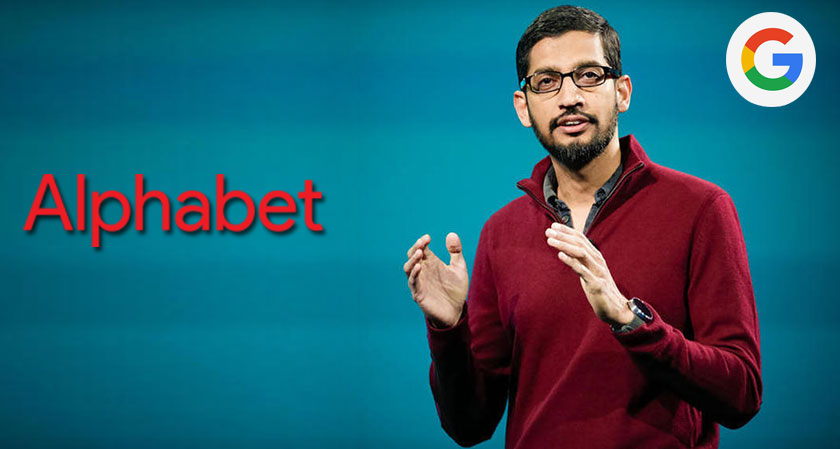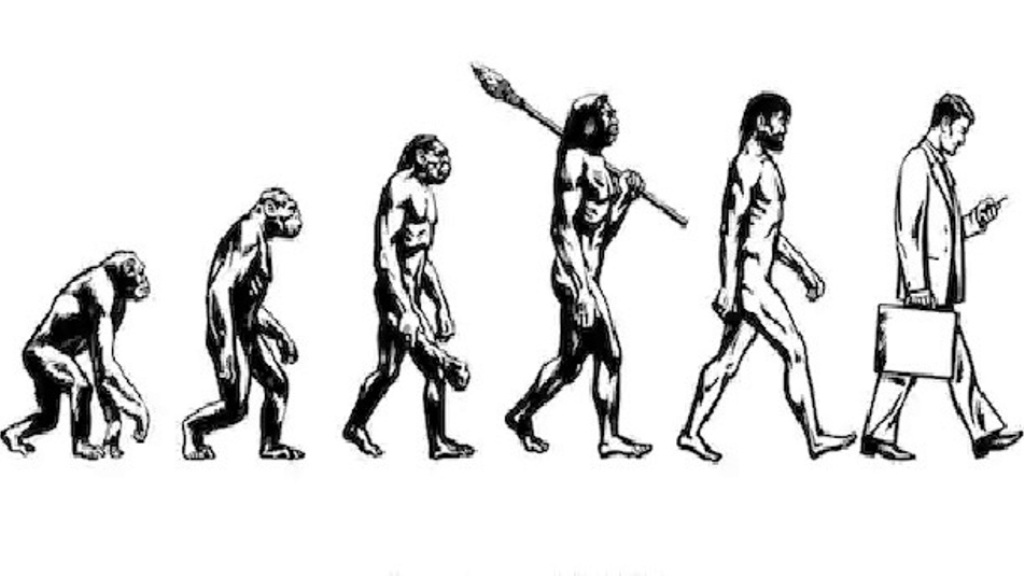With the capabilities of AI technology, shouldn’t the government come up with strict regulations on its usage?
The brilliance of AI technology
Coming from the CEO of Alphabet Inc., “Artificial Intelligence (AI) is such an intelligent tool.”
According to author and historian, Yuval Noah Harari,
If you have enough data about me, an AI can eventually hack my body, my brain, my subconscious, and you might even know me better than myself.
In an article from Brookings Institution, they visualized that whichever country holds the most progress when it comes to AI technology by 2030, will most likely dominate the market till 2100.
How does the government regulate companies involved in AI?
AI technology’s impact on a nation’s future is quite high, but it would be hard to tell if the positive effect is enough to balance the negative aspects. Does this mean that the government should have dependable regulations in the development of AI?
In the U.S., the government is a bit loose in their approach to regulating companies developing AI tech. Even the U.S. Chief of Technology Officer, Michael Kratsios, made it clear that federal agencies should not regulate the development of AI in companies in the U.S.
The U.S.A., as a nation, has its views that are similar to those companies developing Artificial Intelligence. The government declines to impose regulations as long as it serves the purpose of the nation’s core beliefs.
While in the European Union, there is an upcoming amendment that will regulate AI in high-risk sectors such as healthcare and transportation. The decision by the EU is to standardize rules governing AI development in the region.
China, on the other hand, is also considered a superpower in AI tech along with the U.S.A. For now, China is focusing its resources on perfecting its facial recognition system.
Collaboration between superpower countries in the field of AI development would be ideal to come up with regulations that are applicable to every nation into AI development. But, talks between China and the U.S.A. is a bit blurry for now. The relationship between the two countries is not that stable to negotiate such talks.
In a 2020 Trust Barometer conducted by Edelman company, 66 percent of the respondents worry that the time will come that through AI, it will be possible to monitor everyone, what they see and hear. And 61 percent believe that the government isn’t informed enough to understand the possible conflicts that will emerge from the unregulated venture into AI technology.
The AI revolution is on its way. This might be the perfect time to establish regulations worldwide in AI tech development, but with the conflicting views between governments, it is highly unlikely to materialize. Industries involved in AI will certainly take advantage of this uncertainty to operate at their will as long as the rules are too weak to regulate them.
Featured image by The Silicon Review







